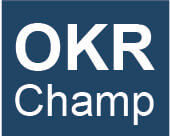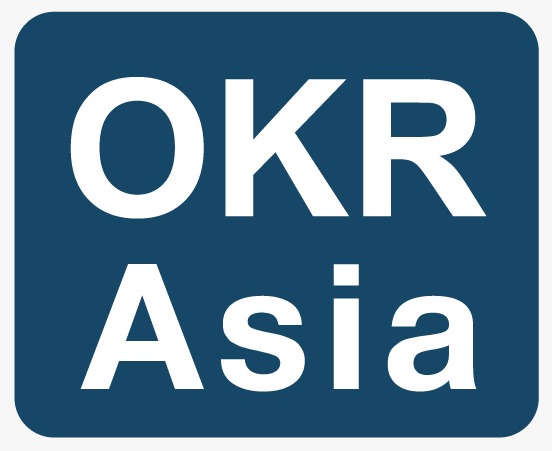<strong>What are the main challenges of an OKR implementation?</strong>
What are the main challenges of an OKR implementation?
A number of high-tech companies, such as Google, Amazon, Slack, Dropbox, and so many others, rely on the objectives and key results methodology to deliver results, foster alignment and enhance agility. In spite of this, it is human nature to have some hesitations when faced with different concepts and change. Implementing OKRs in your organization is not an can be challenging, here are some reasons why:
Already occupied
Organizations, entrepreneurs, or business owners might complain that they already have a lot on their plate, and implementing a whole new framework such as OKR might further add to the time crunch, as it requires training, OKR set-up sessions and regular review and tracking and the focus and alignment benefits are only visible after one or two quarters.
Information already exists
It is possible that the kind of information collected through OKR already exists within the organization in the form of KPIs or dashboards. However, implementing the OKR methodology helps to collate information seamlessly, adding inspiring objectives and make it readily available for every individual, leader, and executive.
Lurking Fear of Failure
Team achievement and performance discussions are more meaningful with OKRs, while regular check-ins keep them from waning. The purpose of OKRs is not compensation, but to inspire and include all team members in the setting and achieving of company goals. Therefore it is important to create a save feedback and alignment environment with the organisation.
Regular check-ins might not be acceptable
Keeping an eye on your business often gives you the data you need to understand how it is doing. Keeping the resolution high enables you to continually improve. By checking in regularly, you can catch problems or roadblocks as they arise instead of waiting until the end of the quarter to find out what went wrong. However, many people might not be comfortable with this idea, regarding the data visibility and the time commitment for that.
In a nutshell we need to understand that implementing OKRs is a similar change management effort as transforming a company into an agile organisation. Full objective, achievement and data transparency together with regular check-ins can be challenging especially for leaders and the mind-set shift from work done to results is especially tricky for team or staff level. Therefore it is important to pilot OKRs on leadership level or in certain teams first and then together with OKR Champions or external consultants support everyone in the organisation to adapt this new framework.
For more information please take our fundamental OKR Practitioner course or our advanced OKR Champion Certification to get ready to implement OKRs in your organisation. For consulting solutions please contact us on transform@asiapmo.com










